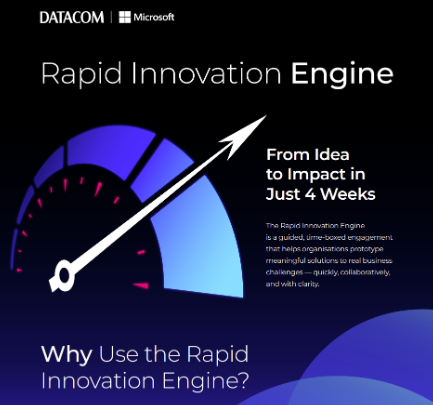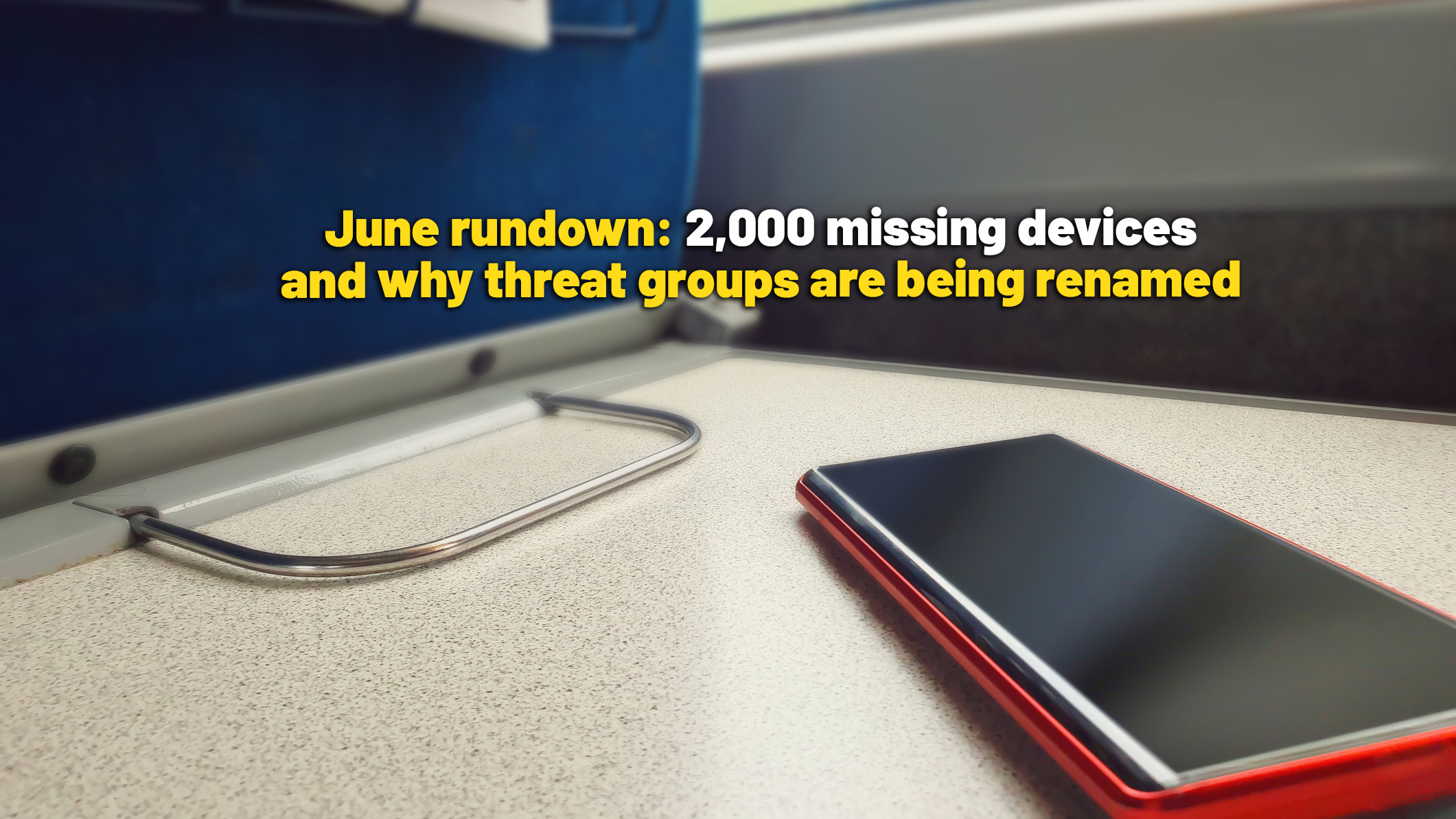Public sector sees no urgency in migrating to IP telephony
Organisations in the UK public sector are unlikely to complete their migration activities for up to five years according to Westell's research


Public sector organisations will not be fooled into rushing their migration from legacy PBXs to IP telephony, a survey published today has found.
While the sector overwhelmingly recognises IP telephony as the future, with three out of four respondents claiming they are actively considering such a move, many are cautious as to when to act.
Instead, public sector bodies plan to adopt a more prudent approach to migration, with almost half (42 per cent) saying their activities will not be finished before a three to five year period has elapsed.
The survey, which was conducted by broadband access specialist Westell, questioned 400 ICT managers within NHS Health Trusts, Higher Education Institutes, Police Forces and Local Government organisations to gain greater insight into their attitudes towards IP telephony.
Westell's findings were backed by analyst Quocirca.
"Quocirca's experience suggests that public sector organisations, like many others, will find VoIP an attractive proposition," said Elaine Axby, principal analyst at Quocirca.
"However, migration is unlikely to be very quick - the public sector needs to be sure of the technology and the benefits before it will take the plunge."
Sign up today and you will receive a free copy of our Future Focus 2025 report - the leading guidance on AI, cybersecurity and other IT challenges as per 700+ senior executives
The big time lag cited by many of those surveyed suggests that budgetary constraints are a major factor in organisations' inability or unwillingness to move from the old to the new, according to David McKeigue, Westell's managing director.
"The figures would suggest there is a definite desire within the public sector to stick with its existing legacy PBXs and sweat assets for as long as possible," he said.
"The benefits of IPT seem to be acknowledged with these figures, but the majority of the public sector has invested so heavily in its legacy voice network it is hesitant to migrate quickly but rather only when it can or is necessary."
In terms of how they will migrate when the time comes, 40 per cent of organisations were in favour of using the existing PBX, while one fifth opted to use a hybrid approach to migration.
In the main, public sector bodies were massively against adopting a rip and replace migratory approach, particularly in the education community, with just five per cent of overall respondents suggesting they may go down this road.
Maggie has been a journalist since 1999, starting her career as an editorial assistant on then-weekly magazine Computing, before working her way up to senior reporter level. In 2006, just weeks before ITPro was launched, Maggie joined Dennis Publishing as a reporter. Having worked her way up to editor of ITPro, she was appointed group editor of CloudPro and ITPro in April 2012. She became the editorial director and took responsibility for ChannelPro, in 2016.
Her areas of particular interest, aside from cloud, include management and C-level issues, the business value of technology, green and environmental issues and careers to name but a few.


